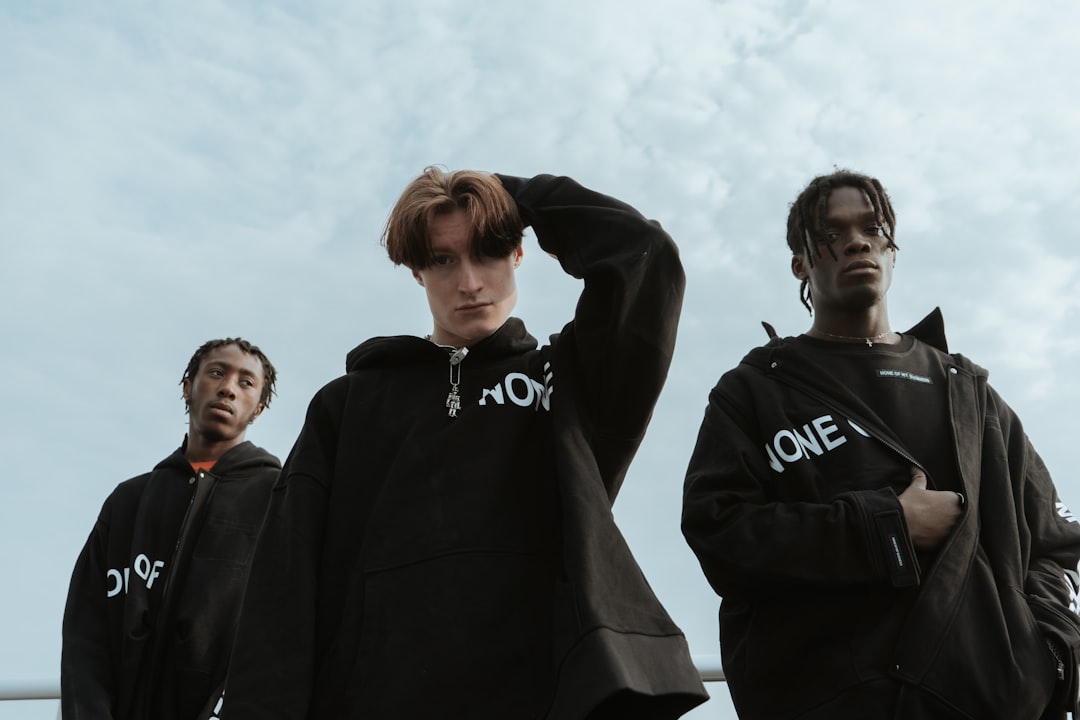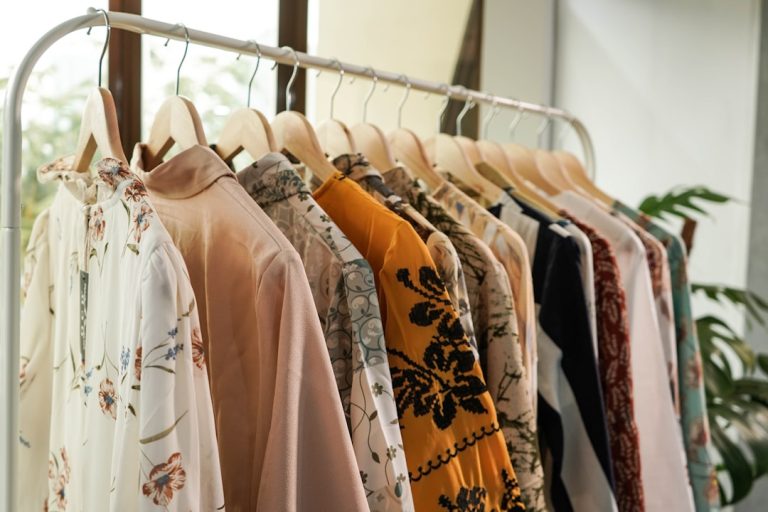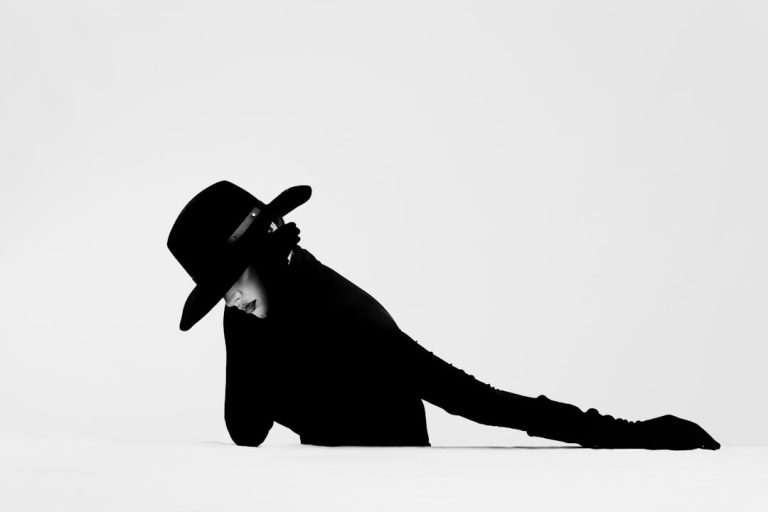Fashion is often perceived as a mere reflection of trends, colors, and styles, but it holds a deeper significance in our lives. The clothes we wear, the way we present ourselves, and even the brands we choose, are not just about aesthetics—they speak volumes about who we are, our beliefs, and how we navigate the world. Let’s embark on a journey to explore how fashion impacts our psychology, social interactions, and even our self-esteem.
To begin with, let’s consider the psychological impact of fashion. What we wear can significantly affect how we feel about ourselves. Studies have shown that donning a well-fitted blazer can make you feel more confident in a meeting, while slipping into a comfortable pair of sweatpants may ease your mind after a long day. This phenomenon, often referred to as ‘enclothed cognition,’ suggests that our clothing choices can influence our thoughts and behaviors. For instance, when we dress up for an occasion, we often step into a more empowered version of ourselves, ready to face whatever challenges lie ahead.
But fashion is not just about individual expression; it’s also a powerful social tool. Our wardrobe choices can influence how we are perceived by others. A well-coordinated outfit may project professionalism and competence, while a more casual ensemble might suggest approachability and creativity. This interplay of fashion and perception is crucial, especially in today’s competitive job market. Understanding how to dress for the occasion can be a strategic advantage, whether you’re going for an interview or attending a networking event.
Moreover, fashion serves as a form of communication. Think of the way certain colors or styles can convey messages about our values or affiliations. For example, wearing sustainable fashion brands might express your commitment to environmental causes, while sporting the latest luxury brands may signal a certain social status. Fashion allows us to connect with like-minded individuals and can foster a sense of belonging within communities, whether they be based on shared interests, cultures, or lifestyles.
In addition to the psychological and social aspects, let’s talk about the transformative power of fashion in terms of personal growth. Many individuals have found that experimenting with their style can lead to greater self-discovery. Trying out new trends, colors, or silhouettes can push us out of our comfort zones and help us discover new facets of our personalities. A bold outfit choice can ignite creativity, encourage risk-taking, and ultimately lead to greater self-acceptance.
As we delve deeper into the world of fashion, we also encounter the ethical implications surrounding our choices. The rise of sustainable fashion has sparked a significant shift in how we view apparel consumption. Many consumers are now prioritizing eco-friendly materials, ethical production practices, and timeless designs over fast fashion trends. This shift not only promotes environmental sustainability but also encourages a more mindful approach to our consumption habits. By choosing to invest in high-quality pieces that will last, we can cultivate a wardrobe that is both stylish and responsible.
Lastly, let’s touch upon the emerging trends that are reshaping the fashion landscape. From the rise of virtual fashion shows to the popularity of gender-neutral clothing, the industry is continually evolving. The pandemic has accelerated the acceptance of digital fashion, blurring the lines between physical and virtual realms. As more people embrace online platforms for shopping and self-expression, we can expect to see fashion becoming more inclusive, diverse, and accessible.
In conclusion, fashion is far more than a superficial pursuit. It’s an integral part of our identity and plays a vital role in our daily lives. From influencing our mood to shaping social interactions, fashion is a powerful medium for self-expression and connection. As we navigate this dynamic world, let’s embrace the transformative potential of fashion, make informed choices, and celebrate the unique stories that each garment tells. Remember, the next time you get dressed, you are not just putting on clothes; you are weaving the fabric of your identity.




